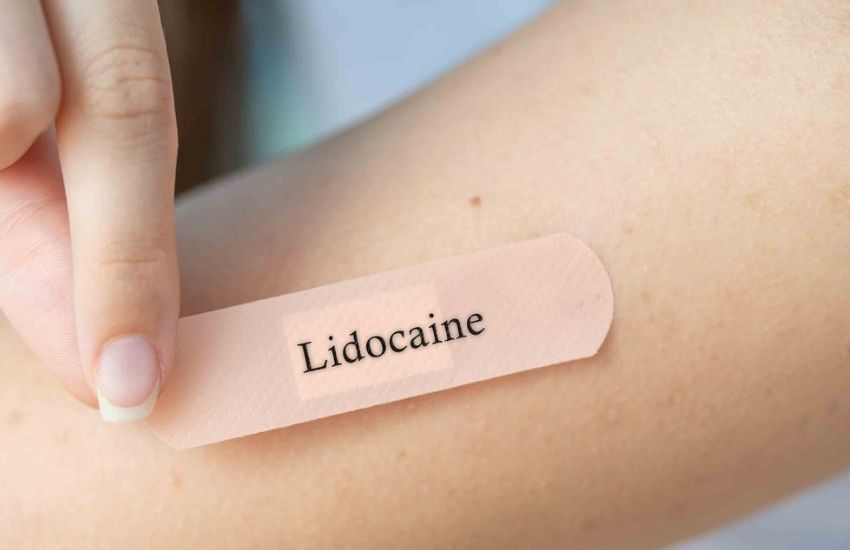


The Health department has decided to effectively stop prescribing special nerve pain relief plasters at public expense after being advised the evidence for their use is limited and they aren’t a cost-effective treatment.
The Committee has been advised by a prescribing panel that Lidocaine plasters, which are used for the relief of nerve pain following shingles infections, that doctors should stop or “greatly reduce” their distribution.
National care bodies don’t recommend the use of Lidocaine for nerve pain either, due to limited evidence.
Health & Social Care says over £100,000 of public money was spent over the past year on these prescriptions, and savings made will be used to fund other new treatments which have health sector backing.
The Chief Pharmacist, Teena Bhogal, said there isn't evidence the plasters are effective for other types of pain, and said any patients currently using them will undergo treatment reviews.
“If not, they are encouraged to consult their doctor to explore alternative pain relief options and decide on the best approach together. Painkillers typically reduce pain by 30% to 50%. Other pain management strategies include massage, ice or heat therapy, and gentle exercise,” she said.
“Lidocaine plasters remain available privately for those willing to self-fund. In rare cases, lidocaine patches may be prescribed for nerve pain following shingles if all other treatments have failed or are unsuitable, but this must be done by a specialist from a pain clinic.”
Comments
Comments on this story express the views of the commentator only, not Bailiwick Publishing. We are unable to guarantee the accuracy of any of those comments.